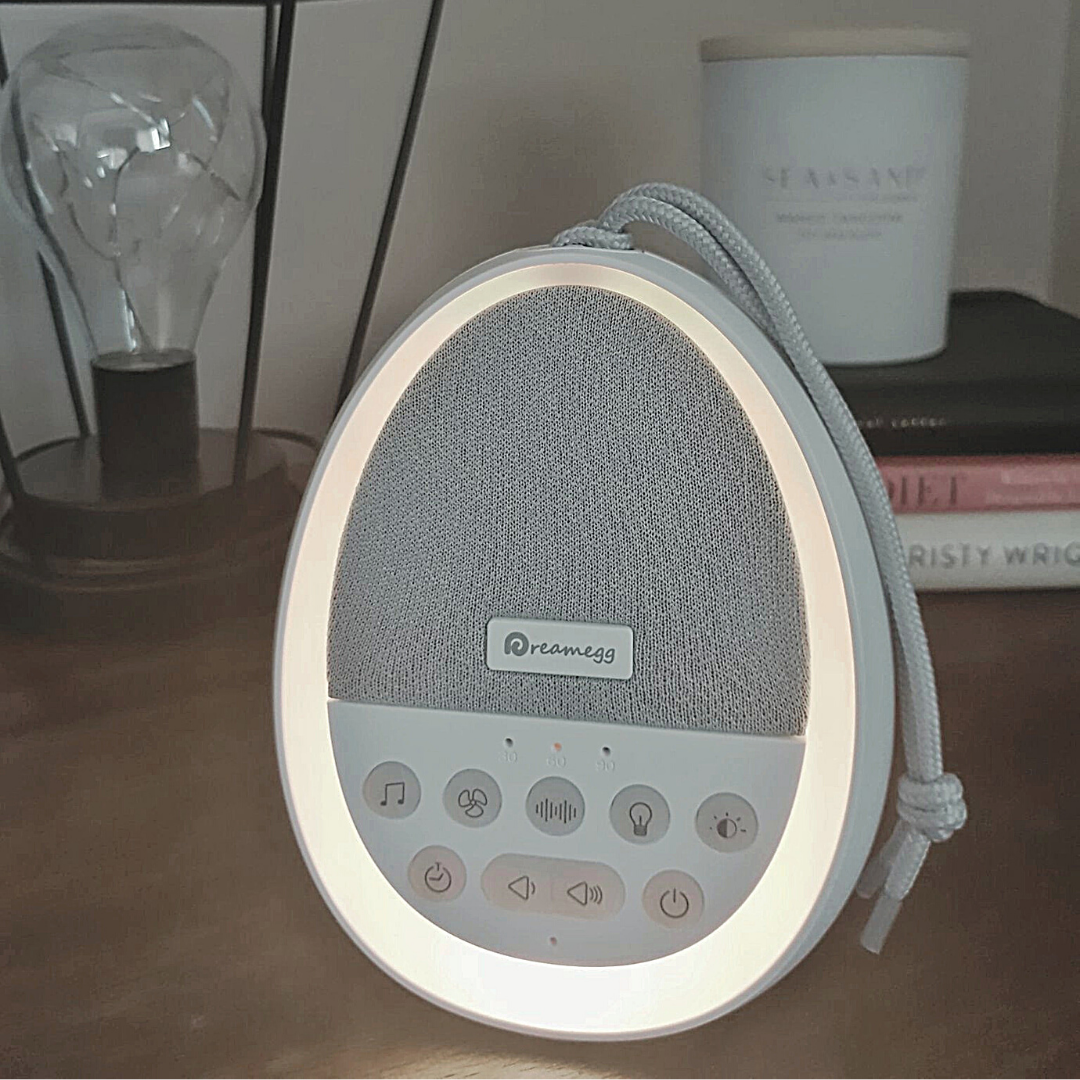|
|In the journey towards a smoke-free life, smoking hypnotherapy emerges as a beacon of hope for many. This approach intertwines the power of suggestion with the human mind's pliability, crafting a unique path to overcome nicotine addiction. But how does this process unfold, and what makes it so effective? Please note: This collaborative article does not contain healthcare, therapeutic or financial advice. If you are concerned about your health or well-being, speak with a health professional or visit your nearest medical facility in an emergency. The links in this article may be affiliate links that I will be compensated for at no additional cost to you. Understanding the Hypnotic Process The essence of hypnotherapy for smoking cessation lies in its ability to alter subconscious perceptions. During a session, a skilled therapist guides the individual into a trance-like state. This heightened focus allows for the introduction of new ideas and attitudes towards smoking. The Role of the Subconscious Our subconscious mind is a reservoir of habits and beliefs. Smoking, for many, is deeply rooted in this unseen part of our psyche. Hypnotherapy targets these subconscious layers, planting seeds of change where they matter most. Personal Accounts: Triumphs Over Tobacco Real-life stories add a human touch to the statistical success of smoking hypnotherapy. James, a 45-year-old accountant, struggled with smoking for over two decades. He turned to hypnotherapy as a last resort. Post-therapy, James recounts an almost overnight transformation. His craving for cigarettes diminished, replaced by a newfound aversion. Sarah's Journey Similarly, Sarah, a 30-year-old teacher, found hypnotherapy to be her turning point. After numerous failed attempts with other methods, she experienced a significant shift in her mindset post-therapy. Smoking no longer appealed to her, and she felt empowered to resist temptation. The Science Behind the Success Delving into an analytical perspective, the efficacy of hypnotherapy in smoking cessation is backed by research. Studies show that the success rate of hypnotherapy can surpass traditional methods. This success is attributed to the way hypnotherapy reprograms the mind's perception of smoking. Neural Pathways and Change The brain's neural pathways, responsible for habit formation, are malleable. Hypnotherapy effectively 'rewires' these pathways, fostering new, healthier habits. It's a process of replacing the 'need' to smoke with a 'desire' to remain smoke-free. Related: How to Reprogram Your Subconscious While Sleeping using Affirmations Techniques Used in Hypnotherapy Hypnotherapy employs various techniques to aid in smoking cessation. These include positive affirmations, visualization, and counter-conditioning. Positive Affirmations Therapists often use affirmations to reinforce the decision to quit. These positive statements help build confidence and resilience against cravings. Visualization Techniques Visualization is another tool in the hypnotherapist's arsenal. Clients are guided to imagine a life free of smoking, often invoking scenes of improved health and wellbeing. Counter-Conditioning This technique involves associating smoking with negative outcomes, thereby reducing its appeal. Hypnotherapy can instill a sense of disgust or disinterest towards cigarettes, aiding in the cessation process. The Hypnotherapist's Role A skilled hypnotherapist is crucial in this journey. They are trained to understand the nuances of addiction and tailor their approach to each individual's needs. Building Trust and Rapport The success of hypnotherapy hinges on the relationship between the therapist and the client. Trust and rapport are essential, as they create a safe space for the individual to open up and embrace change. Preparing for a Hypnotherapy Session If you're considering smoking hypnotherapy, it's important to approach it with an open mind. Here are some tips to prepare for a session: Set Clear Goals Be clear about your objective. Knowing exactly what you want to achieve helps both you and the therapist focus on the target. Have an Open Mind A receptive and open mindset enhances the effectiveness of hypnotherapy. Be prepared to embrace new perspectives on smoking. Follow Post-Session Guidelines Often, therapists provide post-session exercises or affirmations. Adhering to these enhances the long-term success of the therapy. Aftercare and Maintaining Smoke-Free Life Post-hypnotherapy, the journey isn't over. Maintaining a smoke-free life requires ongoing effort. Support Systems Leveraging support systems, whether they're friends, family, or support groups, can provide additional motivation and accountability. Mindfulness Practices Engaging in mindfulness or meditation can help manage stress, a common trigger for relapse. Healthy Lifestyle Choices Adopting healthier lifestyle habits reinforces your commitment to remaining smoke-free. This includes regular exercise, a balanced diet, and adequate sleep. Conclusion: A Path to a Healthier Life In conclusion, smoking hypnotherapy offers a compelling alternative to traditional cessation methods. Through its unique approach to influencing the subconscious mind, it opens doors to a healthier, smoke-free life. The journey is personal and varies from individual to individual, but the potential for transformation is undeniable. As we embrace the new year, consider the possibility of freeing yourself from the shackles of smoking through hypnotherapy. It's not just about quitting a habit; it's about reclaiming control over your life and health. Remember, the first step is always the hardest, but the journey towards a smoke-free life is undoubtedly worth it. The links on this page may be embedded with affiliate links that I am compensated for at no additional cost to you.
Comments are closed.
|
Welcome to the blog!↓ That's me, Heather. :)
MENTAL HEALTH RESOURCE VAULTGreat!Check your email for instructions on how to access the Mental Health Resource Vault. Categories
All
Popular Posts// 25 Positive Mindset Quotes
// Self-Care Bullet Journal Spreads // 7 Ways Your Physical Health is Connected to Your Mental Health |





 RSS Feed
RSS Feed
















